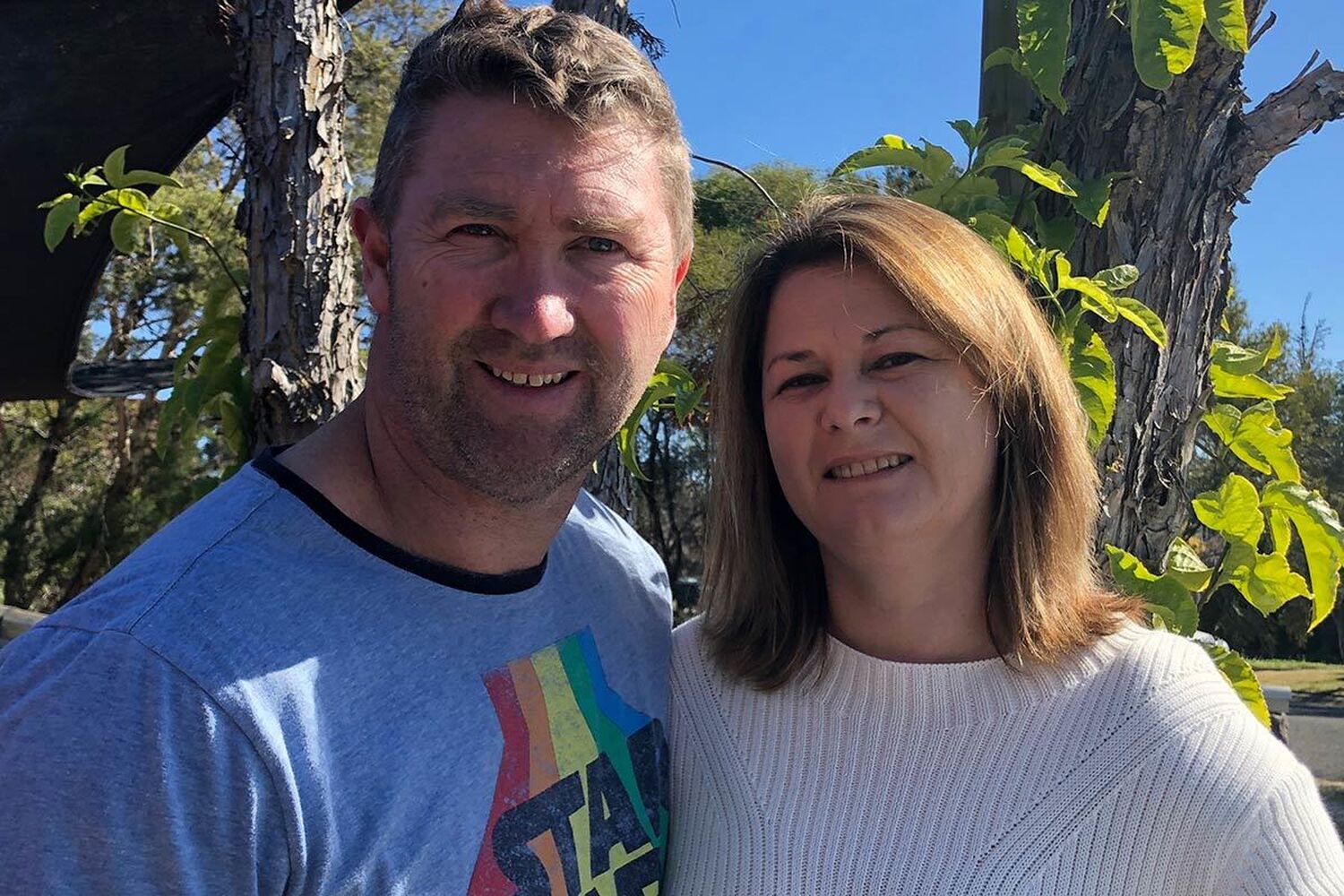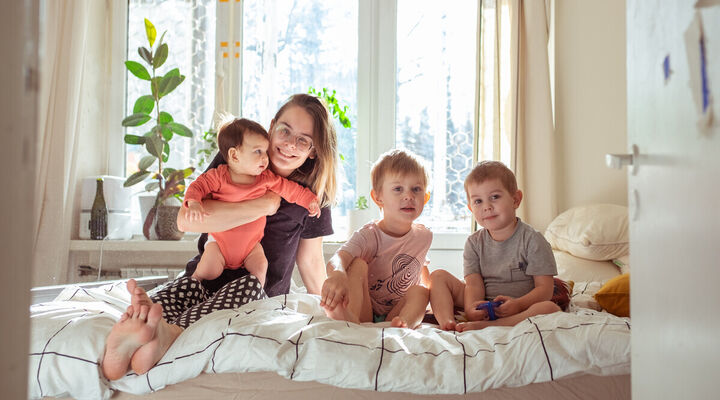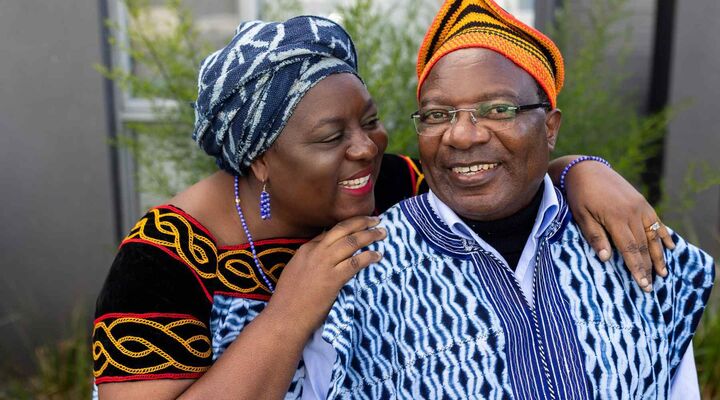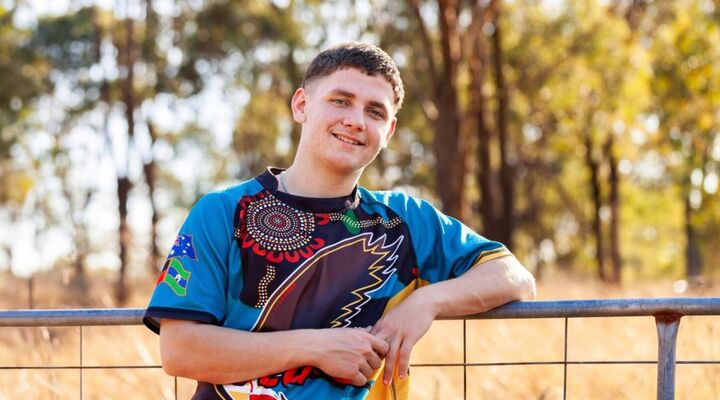Tracey and Nigel, from Western Sydney have five kids ranging from 17–21 years of age. With the children now fairly independent, they started to consider what was next.
“A close friend of ours had been foster carer for a long time and using her knowledge and contacts, we teamed up with MacKillop Family Services to take on a child that needed short term foster care.”
When Nigel and Tracey looked into foster care, they found that short term care is most needed, and it also gives foster carers the most flexibility. The need for care often comes about as the children’s parents just need some time to sort out a few things. At the end of Tracey and Nigel’s short-term period (two years), they decided that they would like Jack* to stay with them for the long-term.
“We have now had Jack in our home for three years and I have to say that MacKillop has been fantastic. Our friends, who have fostered over 50 kids, referred us to MacKillop. I can’t speak highly enough, from our case manager to the CEO, and everyone in between, they are wonderful people that put the needs of the kids first,” Nigel explained.
Foster carers are given a detailed briefing of why the child is in care. That helps the carers to contextualise their needs, and to support the child through different phases. For example, when Jack arrived at the age of three, he showed outward signs of trauma and was very scared of police officers. The background information helped Nigel and Tracey to understand this.
“We have since made a point to say hello and interact with police officers to work through this fear. The NSW police have been great, they really understand the situation for foster kids and support us where possible. Now Jack wants to be a policeman!”
“Our typical day is just like any other for a six-year-old. He is just part of our family.”
One of the greatest benefits that Tracey and I have had from fostering is the impact Jack has had on our other children. They’re able to appreciate the environment they have grown up in and the access to things they’ve had. They are more empathetic and caring; they’re better people and will ultimately be better parents. This makes us really proud.
This is Tracey and Nigel’s first foster care placement. But so far, Nigel says that he has not found it to be a difficult process.
“There has been an adjustment in our household, but no different to any significant family change. Of course, the decisions around short-term care and the possibility of the child leaving may be difficult but, for us, we put our feelings as secondary. It’s about providing a safe, caring home for a child who has been removed from his or her birth parents. It’s about making their time with us the most caring and supportive it can be. They may stay for a few days, a few years or long-term, but at least the time they have spent with their foster carers is a positive and enriching one.”
“Jack has been a wonderful addition to our family. To ensure that we’re providing the best possible level of care, we make sure that we understand him and his needs. That means supporting who he is as an individual and supporting his birth family. We are ‘blind’ to the reason he is in care and provide zero judgement.”
Tracey and Nigel have made a family tree and cultural plan to help Jack understand his background. They meet with both MacKillop and the school regularly to ensure they are working together to support his needs for the best possible future.
Nigel feels that the best thing about being a foster carer is the love you get back from the kids.
“When I talk to people about our situation – most people are in admiration. But from our side of the fence, it’s not that hard. We’ve got five kids, we just added one more. Then when we spend time with our friends, and Jack is with us, their view tends to change. They see us as an ordinary family.”
“If you’re thinking about fostering, find someone who is a carer and spend some time with them and the kids – see the impact firsthand that you can make on children who need assistance.”
*Names changed for privacy reasons






